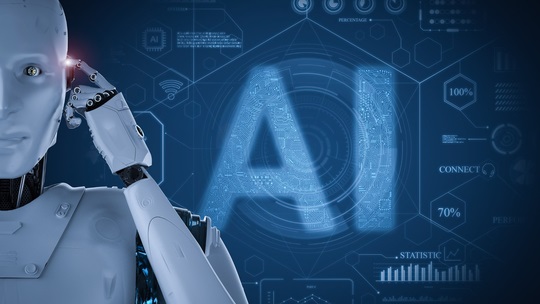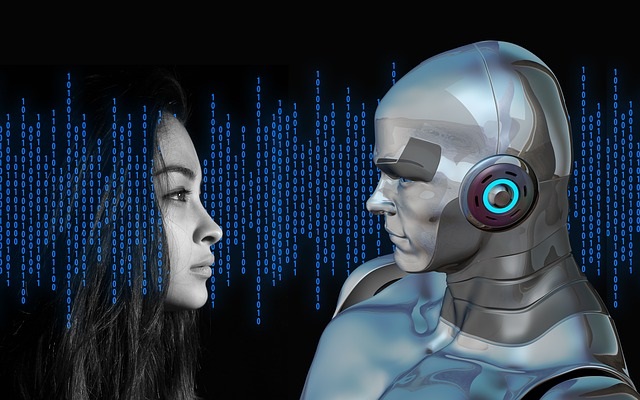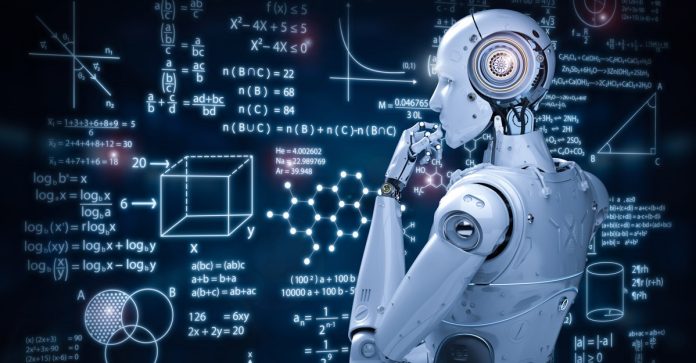- As you are aware, the information technology field is so dynamic that not a day passes away uneventfully without something new or the other emerging from the enterprising technologists working round the clock. Needless to mention, information-technology-enabled solutions like the Internet of Things, Machine Learning, Data Analytics, and the most happening of the lot – Artificial Intelligence – have taken the world by storm. Of course, every government around the globe is fully invested in digitalization efforts in line with the fast-changing advancements in the field of information technology-enabled solutions. Most importantly, Artificial Intelligence is making waves with its amazing computational abilities.

PC: The Business Journals
- Awesome capabilities of AI are being put to good use by enterprising governments and the private sector with such spectacular results that modern-day citizens are welcoming those with open arms. However, it must be remembered that machines are machines and cannot perform or replace humankind by any stretch of the imagination. Human domination and supremacy over machines cannot be disputed. As such, it comes as no surprise the United Kingdom Supreme Court recently held that AI cannot patent inventions. It reiterated, as courts have done in the USA and Europe in similar cases, that only humans or companies/public research institutions etc. can be tagged inventors. That makes a lot of sense. How can a machine be an inventor?
- Another contrarian viewpoint is why can a machine-creating material not be an inventor. For the uninitiated, that is precisely what AI researcher Stephen Thaler’s campaign is all about. It is his case that the UK SC rejected, as did a US federal judge earlier. Thaler wanted his creation DABUS, built in 2012, to be named the creator of two artworks it made unsupervised: Neural Frame and Fractal Container. The moot point to ponder over here is should inventions generated by machines acting autonomously and powered by AI be patentable. Who owns an invention using algorithms? Supporters argue copyright should be allowed for anything newly created regardless of who/what was behind the creation or invention. Remove the line between man and machine. Simple.

PC: IP Watchdog
- Critics argue, rightly, that DABUS’s art is not sentient. But problems don’t end here. How do you make laws when you don’t know what AI will throw up? And what about regulations for the control of data? AI is seeing deep applications across sectors, from transportation to entertainment, education, banking, medical sciences to even elections. Inventions will eventually combine AI with IoT, robotics, and cryptography. That these will throw up all manner of legal challenges is evident. The liability gap is one such – who is accountable if an AI, which functioned perfectly at invention and was not altered by the user, malfunctions or inflicts injury? Answer: Person(s)/company behind the technology. Nothing matters, you see.






